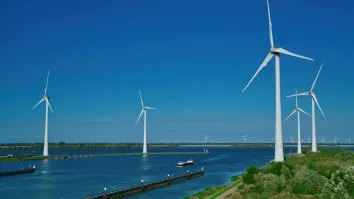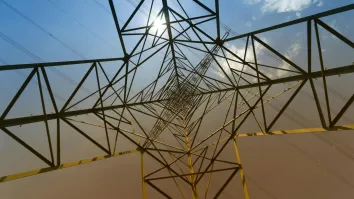
Why APAC banks are withdrawing from coal financing
Banks are being pressured to exit from dirty fuels.
Several banks in Asia Pacific have announced their intention to withdraw from coal financing, as pressure mounts for finance institutions to support renewable energy.
In Malaysia, the Malayan Banking Bhd (Maybank) has said it will no longer finance new coal activities as part of a five-year strategy that will also see the bank committing $12b (50 billion ringgit) in sustainable financing.
This announcement came at the back of criticisms from a coalition of non-governmental organisations (NGOs) in Malaysia and Indonesia for funding coal plants despite making environmental, social and governance (ESG) commitments.
Meanwhile, the Philippines' Asian Development Bank said it will end all financing for coal mining and power plants and ban support for oil and gas production, under a new draft energy policy.
ADB said there has been “profound changes in the energy landscape” since it last updated its energy policy in 2009 and that the document “is no longer adequately aligned with the global consensus on climate change”.
Australia’s investment bank Macquarie Group said that it plans to halt coal financing by 2024.
According to its chief executive Shemara Wikramanayake, coal had never been a large focus for the group. However, she also said the bank would remain committed to the oil and gas sector until new technologies are developed.
Australia’s top banks, Australia and New Zealand Banking Group (ANZ Bank), Commonwealth Bank of Australia and Westpac, have announced their intention to stop coal financing.
Last April, Singapore’s DBS Bank said it will phase out thermal coal exposure by 2039, making it the first Singapore bank to do so. In the bank's 2020 report, exposure to renewable energy projects increased to $4.2b from $2.85b in 2019,

















 Advertise
Advertise







